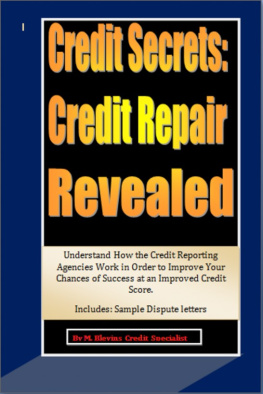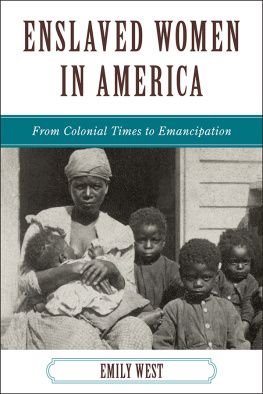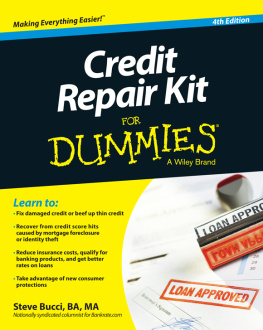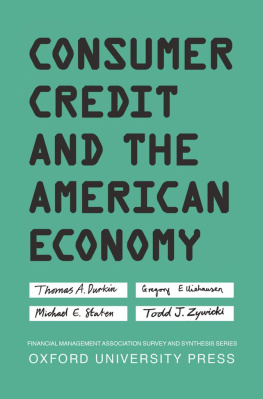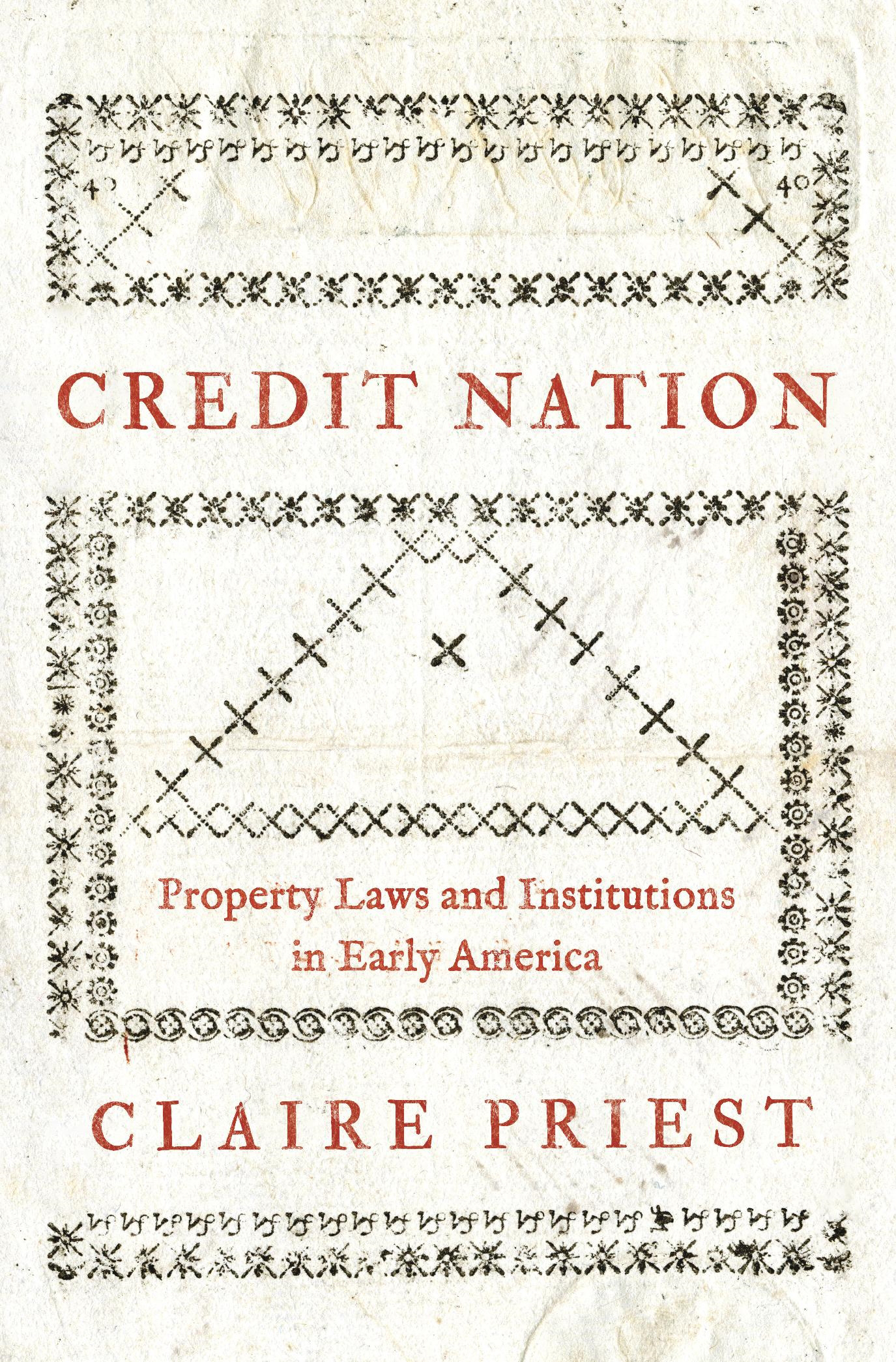A list of titles in this series appears in the back of the book.
Princeton University Press is committed to the protection of copyright and the intellectual property our authors entrust to us. Copyright promotes the progress and integrity of knowledge. Thank you for supporting free speech and the global exchange of ideas by purchasing an authorized edition of this book. If you wish to reproduce or distribute any part of it in any form, please obtain permission.
Jacket Image: Reverse of $40 colonial currency from the Province of Georgia, 1778. Courtesy of National Numismatic Collection, National Museum of American History, Smithsonian Institution
ACKNOWLEDGMENTS
The debts for this project run deep, and none involve collateral. I am deeply grateful for the privilege of studying and working with wonderful scholars who serve as a constant inspiration. A series of fortunate events led me to feel welcome in the field of early American history as a junior professor: meeting Edmund Morgan, whose greatness as a scholar was matched by his magnanimity and kindness; an invitation by Bernard Bailyn to his Atlantic seminar, a remarkable group of scholars; meeting Gordon Wood, with whom I had the privilege of teaching at Northwestern while having a baby mid-semester; and attending Joel Mokyrs economic history workshop, a step toward publishing this book in Joels series at Princeton University Press. Other strokes of good luck: taking inspiring classes unknowingly filled with future colleagues and friends, such as a junior seminar on slavery and antislavery with David Brion Davis and a legal history seminar with Reva Siegel and Bob Gordon. More recently, the mentors whose scholarship I greatly admireNaomi Lamoreaux, Carol Rose, and Bob Gordonhave become colleagues.
I am very grateful to Joel Mokyr and everyone at Princeton University Press for bringing this book to print, especially Joe Jackson and Seth Ditchik, Jacqueline Delaney, the anonymous reviewers, and Brigitte Pelner and copyeditor Karen Verde for their detailed work.
Yale Law School is a tremendous institution to be a part of, and it is an honor to be associated with the legal history group of John Langbein, Sam Moyn, Nick Parrillo, Reva Siegel, Jim Whitman, John Witt, and Taisu Zhang. In the broader faculty, I am especially grateful for the support of the Deans Harold Koh, Robert Post, and Heather Gerken, and for professional camaraderie to Bruce Ackerman, Muneer Ahmad, Emily Bazelon, Sharon Brooks, Stephen Carter, Fiona Doherty, Bob Ellickson, Owen Fiss, James Forman, Abbe Gluck, Miriam Gohara, Henry Hansmann, Oona Hathaway, Brad Hayes, Christine Jolls, Paul Kahn, Al Klevorick, Tony Kronman, Yair Listokin, Jon Macey, Daniel Markovits, Tracey Meares, John Morley, Doug NeJaime, George Priest, Cristina Rodriguez, Roberta Romano, Vicki Schultz, Scott Shapiro, Reva Siegel, Kate Stith, Mike Wishnie, and Gideon Yaffe.
Karen Crocco and Kelly Mangs-Hernandez have given me wonderful help at Yale Law School. I also thank the Yale Law students who have served as research assistants: Caroline Harkins, Enrique Pasquel, Leah Carter, and especially Brent Salter, whose assistance with the footnotes of this book was invaluable. During a two-week fellowship at PERC in Montana, I first compiled the statutes on colonial title recording that form the basis of .
Northwestern Law School was a terrific place to start my academic career and I thank Steve Calabresi, Charlotte Crane, David Dana, David Haddock, Heidi Kitrosser, Andy Koppelman, Janice Nadler, Jide Nzelibe, Dorothy Roberts, Max Schanzenbach, and Kim Yuracko for their support and friendship. A special thanks goes to Jim McMasters who helped me find documents relating to the Debt Recovery Act.
My professional friendships mean a great deal and I would like to thank Steve Pincus for bringing together a community of early Americanists, and Holly Brewer, Sally Gordon, Emma Rothschild, Chris Tomlins, John Wallis, and Gavin Wright for their encouragement. Outside of the world of early American studies, I thank Bernadette Atuahene, Kenworthey Bilz, Susanna Blumenthal, Eleanor Brown, Daniela Cammack, Kris Collins, Noah Feldman, David Grewal, Jill Hasday, Amalia Kessler, Alison LaCroix, Carlton Larson, Dan Sharfstein, and Tico Taussig-Rubbo for being great friends and colleagues.
I am also grateful to my friends Ashlie Beringer, Nina Bhatt, Sarah Bilston, Jonah Blank, Anjanine Bonet, Rick and Heidi Brooks, Belinda Chan, Sue Chan, Judy Chevalier and Steve Podos, Navtej Dhillon, Barbara Endres and Bill Butler, Jacob Hacker, Sheila Hayre and Pericles Lewis, Jim and Leslie Huffman, Alison and Christopher Illick, Binnie Klein, Alison MacKeen, Charity McNabb, Talbot and Tom Mason, Maria Morodo and Patrick Lindley, Kaivan Munshi and Soenje Reiche, Ify Nwokoye, Polly and John Sather, Leslie Stone and Michael Sloan, Marcy Stovall and Jim Farnam, Joe Child and Mary Nell Wegner, Nina Scherago and George Jones, Sara Sullivan and Zachariah Hickman, Amy Vatner, Jason Vincz, and Annie Wareck. And to my family: all the Kiefers and Battles, Shannon, JL, my siblings and their spouses, my nieces and nephews, as well as the Shivakumars, the Rajagopalans, and the entire extended family of Danny Shivakumar who have been so supportive of me, Neal, and Rohan.
Marcus Rhinelander and I were in Peru with my sons in the spring of 2020 when we learned that instead of working on a project together, we had to leave the country immediately due to the new pandemic. Not able to pursue documentary photography, Marcus read every word of this book (almost), twice, and gave invaluable suggestions throughout. But far more important, I thank Marcus for all of the amazing adventures we have had these past few years and I look forward to many more.
This book is dedicated to my parents, Kathy and George Priest, and my sons, Neal and Rohan. My parents helped me raise Neal and Rohan and are inspiring role models in their professional life and their love of adventures large and small. Neal and Rohan, thank you for being excellent fellow travelers.
Excerpts from the book were published as: Claire Priest, Creating an American Property Law: Alienability and Its Limits in American History, Harvard Law Review 120 (2006): 385458; Claire Priest, Law and Commerce, 15801815, in The Cambridge History of Law in America, ed. M. Grossberg and C. Tomlins (Cambridge: Cambridge University Press, 2008): vol. 1, 400446; Claire Priest, The End of Entail: Information, Institutions, and Slavery in the American Revolutionary Period, in



